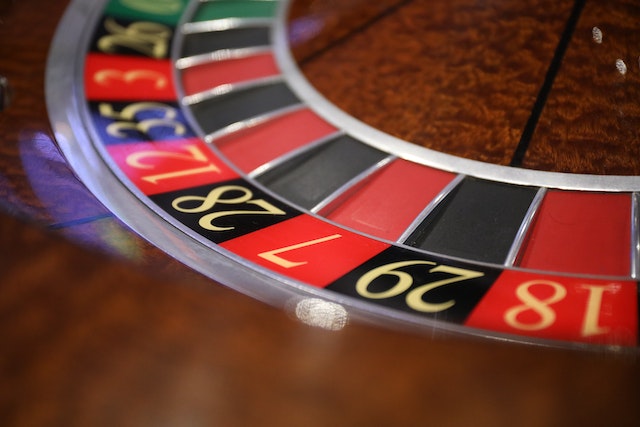It’s never easy to see a loved one battle addiction, but gambling addiction may be particularly difficult to bear. A gambling addiction’s hold might be more insidious than that of other addictions, and its symptoms less visible. Seeing someone you care about sink in a sea of wagers and losses and being unable to save them is a terrifying experience. When a loved one is struggling with a gambling addiction, the emotional toll can be devastating, and you may feel frantic to find a way to assist. Let’s talk about the warning signals that a loved one has a gambling problem and how you can help them.
Top Signs Someone Is Going Through a Gambling Addiction
If you suspect that your loved one is struggling with a gambling addiction, look out for the following symptoms:
Increased Frequency and Amount of Gambling
If a loved one is gambling more and more, it may be an indication of gambling addiction. They may be unable to manage their gambling tendencies and spend too much time, energy, and money on these pursuits.
Difficulty in Limiting or Stopping Gambling
Even if they wish to, a person with a gambling addiction may have a hard time cutting back or stopping. They may make empty promises to cut back or stop gambling altogether, resulting in persistent gambling despite the aforementioned drawbacks.
Financial Strain and Borrowing Money
Gambling addiction may put a strain on one’s finances by causing the gambler to take out loans or use dishonest methods to fuel their habit. It’s not uncommon for problem gamblers to engage in dishonest or unethical behavior to finance their habit.
Changes in Behavior and Mood
Mood and behavioral shifts are other symptoms of compulsive gambling. When a loved one is prevented from gambling or must deal with financial restraints, they may feel irritated, worried, or agitated. They may also engage in covert actions, such as concealing their gambling or making up stories about their locations and spending.
Neglecting Responsibilities and Interests
Neglecting obligations and interests is another symptom of a gambling problem. Gambling addiction can cause a person to lose interest in formerly enjoyable things including hobbies, jobs, and socializing. They may also fail to take care of their health, hygiene, and safety.
How To Help Your Loved One Fight Gambling Addiction
If a loved one is dealing with a gambling addiction, the following are some measures that can greatly aid in their recovery.
Educate Yourself About Gambling Addiction
One of the first things you can do to aid a loved one who has a gambling problem is to learn as much as you can about the disorder. Find out what compulsive gambling looks like, and how it may change a person’s life. You may want to consider reaching out to the gambling addiction hotline for assistance.
Offer Non-Judgmental Support and Encouragement
It’s important to treat a loved one with compassion rather than criticism or judgment. Show them you worry about them and want to help without pointing fingers or making them feel bad about themselves. Provide support and encourage them to talk about their struggles with gambling so that they can get things out in the open.
Help Them Seek Professional Help
Gambling addiction treatment is generally unsuccessful without professional assistance. Your loved one needs to talk to a trained therapist, counselor, or addiction expert, and you should encourage them to do so. Assist them in locating trustworthy local treatment facilities or support organizations. Provide transportation, go with them to appointments, or help them set up other necessary details.
Effects of Gambling Addiction on Family Members and Loved Ones
Gambling addiction can have significant emotional, financial, and social consequences not just for the addict but also for their loved ones.
Emotional Impact
Gambling addiction can take a heavy toll on the addict’s loved ones emotionally. Feelings of worry, anxiety, melancholy, and even betrayal or distrust are all possible outcomes. As they try to make sense of and deal with their loved one’s addiction, family members may suffer a range of negative emotions.
Financial Impact
Addiction to gambling frequently causes monetary difficulties that might affect those closest to the gambler. The addict’s gambling can cause financial hardship for their loved ones, including depletion of funds, accrual of debt, and possibly even bankruptcy.
Social Impact
Addiction to gambling may also alter the way people interact with one another. Those struggling with addiction may retreat from friends and family, shirk obligations, and avoid public settings. As a result, family dynamics may suffer and relationships may become strained.
Conclusion
Addiction to gambling can have serious repercussions for all those involved. The emotional toll may put a damper on relationships, trigger money problems, and upend societal order. Knowing the warning symptoms of gambling addiction and acting quickly to assist a loved one overcome it is essential. The issues of gambling addiction may be managed with the help of specialists such as therapists, counselors, and support groups.

































